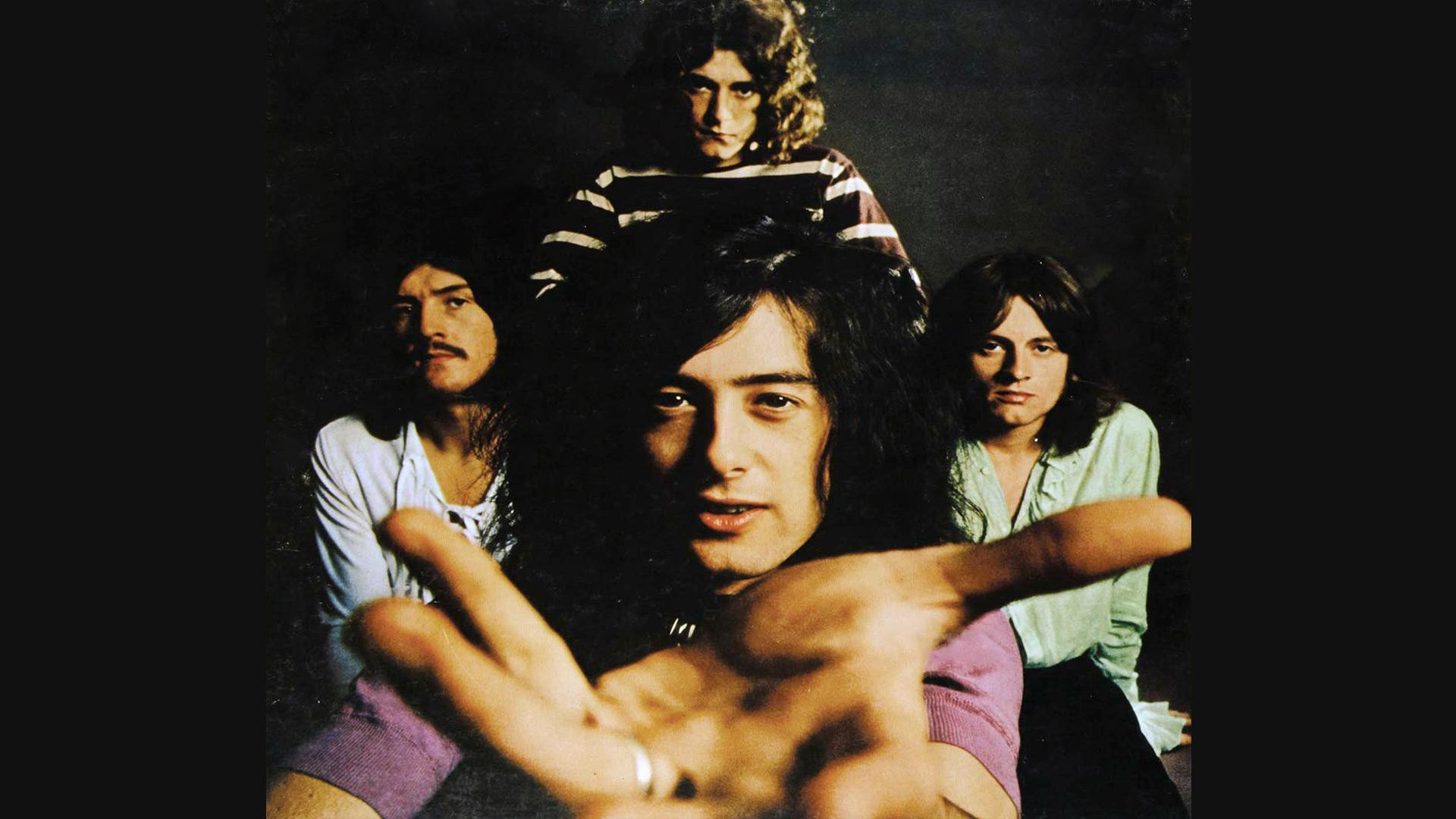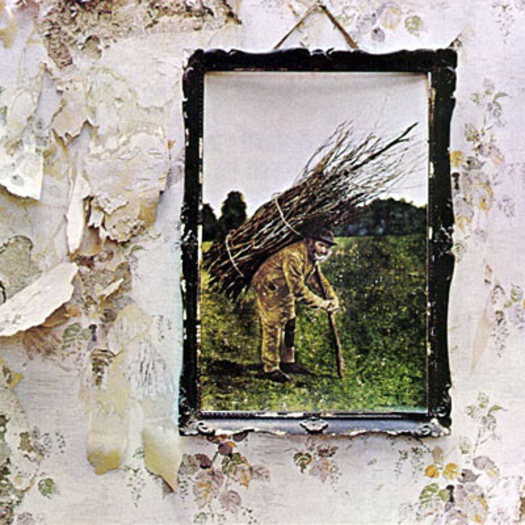 ledzeppelin2
ledzeppelin2
The debate lingers among music aficionados: can Led Zeppelin, the titans of 1970s hard rock, genuinely be classified as a Progressive Rock band? John Paul Jones himself reportedly answered this question with a resounding “Yes.” While primarily celebrated for their hard-rock anthems, a closer examination of Led Zeppelin’s discography reveals a compelling case for their progressive rock credentials, at least to a significant degree. Remarkably, this band achieved unparalleled success during the progressive rock era without ever releasing singles or making television appearances, even daring to omit their name from album covers. Let’s delve into the history of Led Zeppelin’s musical journey, tracing their evolution from blues-rock roots to their embrace of progressive artistry.
Led Zeppelin’s musical trajectory undeniably justifies their inclusion within the progressive rock sphere. Exploding onto the scene in 1969 with Led Zeppelin I, their initial sound was deeply rooted in blues. However, even in their nascent stage, indications emerged that they were destined for more than just standard hard rock. Dazed and Confused, famously featuring Jimmy Page’s innovative use of a violin bow on guitar strings to create an otherworldly sound, exemplified their willingness to push boundaries and experiment. While their debut album might not fully embody the conventional definition of “progressive rock,” it was a crucial stride in that direction.
Led Zeppelin II maintained thematic similarities with their first album, predominantly revolving around women and blues-inspired compositions. However, II marked a pivotal moment by introducing J.R.R. Tolkien’s epic fantasy world, The Lord of the Rings, to the rock and roll audience through the folk-rock masterpiece Ramble On. This track initiated the fascinating intersection of Tolkien’s mythology and progressive rock, fueled by Robert Plant’s deep fascination with Middle-earth. This seemingly unconventional pairing proved incredibly fruitful, inspiring countless progressive rock artists in subsequent generations. (One might even notice a striking resemblance between Robert Plant and King Théoden – coincidence? Perhaps not).
 theoden
theoden
Led Zeppelin III further solidified the band’s penchant for stylistic exploration. A truly eclectic collection, this album seamlessly transitions from heavy metal (Immigrant Song) to blues (Since I’ve Been Loving You) and traditional folk (Gallows Pole, That’s The Way, Bron-Y-Aur Stomp). Although the increased folk and traditional music elements were initially met with mixed reception, III has experienced a surge in popularity and critical appreciation over time. It was their subsequent album, however, that firmly cemented Led Zeppelin’s place within the progressive rock pantheon.
By 1971, Led Zeppelin had cultivated such a massive fanbase that they felt confident enough to release an album without their name on the cover. Led Zeppelin IV not only became their most commercially successful album but also one of the most influential rock albums ever created. IV can arguably be considered their first unequivocally progressive rock offering. While Black Dog and Rock and Roll retained their signature hard rock energy, the remainder of the album showcased unparalleled compositional uniqueness. The Battle of Evermore, a direct reference to Middle-earth, and Misty Mountain Hop paid further tribute to Plant’s beloved literary world. Going to California is a beautifully intricate folk song dedicated to Joni Mitchell, the Canadian singer who reportedly captivated both Page and Plant. Four Sticks could be considered a proto-“math rock” track, exhibiting such rhythmic complexity that the band only performed it live once. When the Levee Breaks features John Bonham’s thunderous drumming and Plant’s evocative harmonica playing. And then there’s the iconic Stairway to Heaven, an eight-minute epic with enigmatic lyrics that gradually builds to a crescendo featuring one of the most celebrated guitar solos in rock history. If this isn’t progressive rock, then what is?
 lziv
lziv
Following the monumental success of IV, Led Zeppelin’s music became even more overtly progressive. Houses of the Holy included two more Tolkien-inspired tracks: the folk-rock infused Over the Hills and Far Away, and the haunting No Quarter. Physical Graffiti not only featured their longest song, the eleven-minute In My Time of Dying, but also perhaps their magnum opus: Kashmir, widely regarded as one of the greatest progressive rock songs ever written. Backed by an orchestra, Plant, Page, Bonham, and Jones delivered a sprawling epic evoking journeys through distant lands, a recurring theme in progressive rock both before and since. Their next album, Presence, while possibly their least celebrated, still contained the powerful (and progressive) opener Achilles Last Stand, as well as the catchy rocker Nobody’s Fault But Mine. Zeppelin’s final studio album, In Through the Out Door, though unintentionally so, stands as their most overtly progressive. Dominated by John Paul Jones’ synthesizers and keyboards, it showcased his often-underappreciated keyboard talents. His prior keyboard work on tracks like Trampled Under Foot, No Quarter, and The Rain Song was impressive, but he truly shone on their swansong album. In the Evening and Fool in the Rain highlighted his keyboard proficiency, but it was his dynamic and intricate playing on the lengthy and mysterious Carouselambra that solidified Jones’ place among the great progressive rock keyboardists. While some might primarily recognize Jones as a bassist, a careful listen to these tracks will undoubtedly challenge that perception.
 jpjkeys
jpjkeys
After the tragic loss of John Bonham in 1980, Led Zeppelin disbanded, with each member pursuing individual paths. Jimmy Page, a guitar virtuoso of unparalleled versatility, notably collaborated with Chris Squire and Alan White of Yes to form XYZ (eX-Yes and Zeppelin). Although this ambitious project was short-lived, it demonstrated Page’s eagerness to create what could have been a truly groundbreaking progressive rock supergroup.
Hopefully, this exploration hasn’t overstayed its welcome, but it felt essential to thoroughly examine the captivating musical world of Led Zeppelin. Many consider them among the greatest, if not the greatest, rock and roll bands in history. However, to categorize them solely as a standard rock and roll band would be an oversimplification. In my view, Led Zeppelin rightfully deserves recognition as one of the preeminent progressive rock bands of all time.